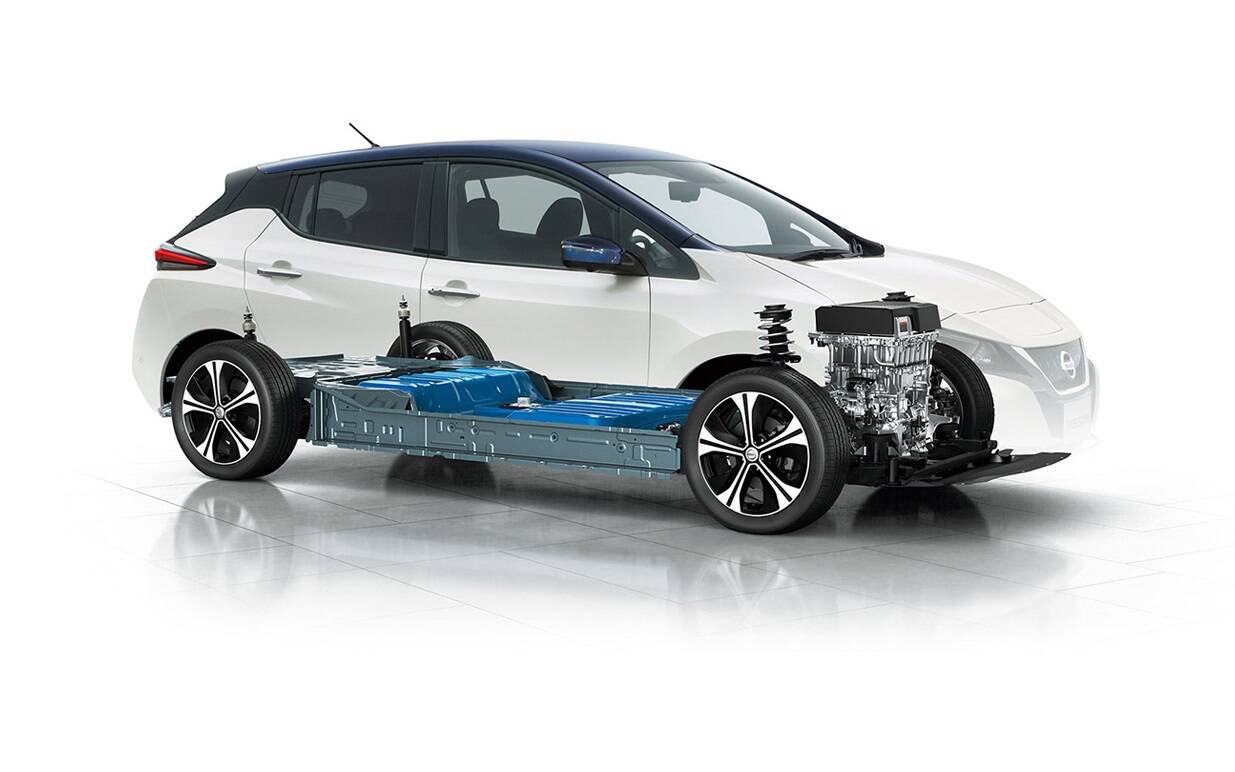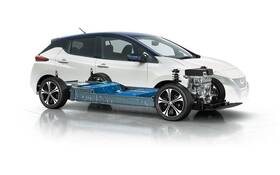Here’s How Nissan Gives EV Batteries a Second Life
As the LEAF celebrates its 10th anniversary, Nissan wants to make electric vehicles truly sustainable products by giving a second life to their batteries. This means breakthroughs like the Blue Switch project, which turns EVs into clean, quiet and mobile emergency power supplies in the aftermath of natural disasters.
It all started several months before the very first LEAF came to market in December 2010, actually. At the time, Nissan partnered with Sumitomo Corp. to set up 4R Energy Corp. which, as the name suggests, aims to refabricate, recycle, resell and reuse the batteries in Nissan EVs.
- Also: Battery Providing 800 Km of Range in 20 Minutes Might Come Soon
- Also: EV Battery With 2 Million Km Lifespan Now Ready for Production
"We knew that when it came to an EV, the recycling solution had to be much cleverer than the norm and have distinct benefits for EV owners," says 4R Energy CEO Eiji Makino. "Simply recycling an old car for scrap metal wouldn’t be good enough."
The company took quite some time to develop the right technologies and concepts, but now that some of the LEAF batteries have come to the end of their useful life in a car, it’s ready to process them.

How Does it Work?
When an old EV battery reaches the 4R Energy factory, it is first graded. Sometimes, the battery components are as good as new; they get an "A" grade and can be reused in new high-performance battery units for a new EV.
Components with a "B" grade are powerful enough for industrial machinery like forklifts and large stationary energy storage. Deployed in a home or commercial facility, they can capture surplus electricity generated during the daytime by solar panels and then power the building during the night.
Another example: On the man-made island of Yumeshima in Osaka, a solar farm is using 16 lithium-ion EV batteries to cope with energy fluctuations and store its energy output.
Even battery parts with a "C" grade can still be put to use, for example in units that supply backup power when the electric grid fails at grocery stores.

What’s Next?
According to 4R Energy, the recovered batteries have a life span of about 10-15 years, dramatically extending the usefulness of EV batteries and reducing their overall carbon footprint.
And here’s a very interesting outcome: By creating demand for batteries that are past their useful life, it’s possible to bring down the total cost of EV ownership even more. Owners don’t have to sell their old car just for scrap; they can get much higher value for its battery, which results in a nice end-of-life return on their investment.
The company is now working to apply the same "4R" principles to the next generation of EVs from Nissan, spearheaded by the Ariya crossover that was unveiled last year.











